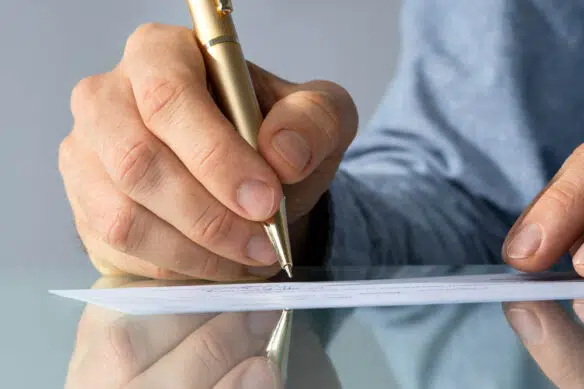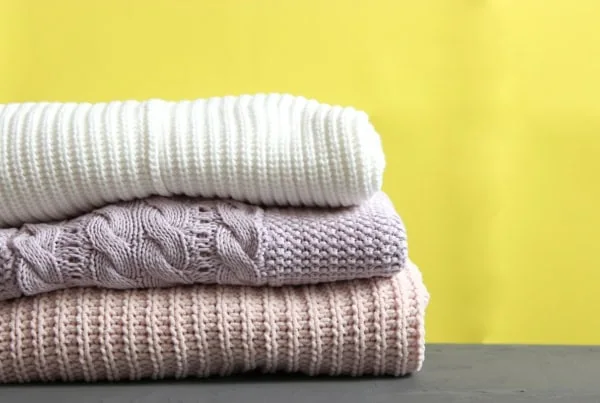For years, you’ve been searching for the holy grail: a checking account with a decent interest rate. And at last, you’ve not only found this magical account, but it earns more than 1.5% in annual percentage yield (APY).
Given that the national average for checking accounts is just 0.03% APY, this one is special. But as you’re filling out your application for it, you begin to wonder: Does opening a checking account impact your credit score? And if so, what’s the impact?
Let’s go over what you need to know about checking accounts and your credit score. After that, we’ll provide some tips on how to build your credit with a bank account.
Featured Financial Products
Table of Contents
Does Opening a Checking Account at a Bank or Credit Union Affect Your Credit Score?
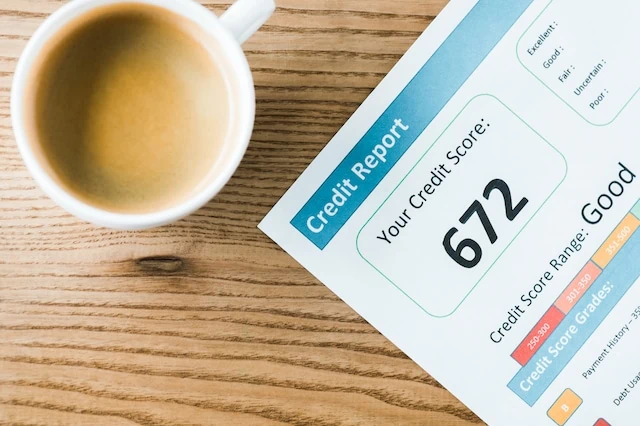
In most cases, the simple act of opening a checking account will not affect your credit score. Your financial institution might run a soft inquiry (or “pull”) on your credit when you try to open a checking account, but soft inquiries typically don’t impact your score.
That said, if you opt into overdraft protection, you might be subject to a hard inquiry. A hard pull can lower your credit score a few points, and the effect is temporary.
Why does this happen?
Whenever financial institutions are determining whether to lend to you (say, a mortgage, car loan, or credit card), they do a hard pull. And certain overdraft protection options act as a line of credit. For instance, Citi’s Checking Plus product is a line of credit from which the bank will draw if you’re trying to make a purchase and your account has insufficient funds.
Certain services, such as the opt-in UltraFICO Score, will factor your bank account balances into your credit score. Having a longstanding account, positive payment history, and consistent cash on hand could result in a higher UltraFICO Score. While this score is separate from your FICO Score, it could offer lenders more data and a broader picture of your finances when you apply for a loan or line of credit. And boosting your UltraFICO could be a helpful service if you have a limited credit history.
You can get a free credit report (FICO Score and Experian report) for free every 12 months through FreeCreditReport.com.
Related: 7 Best Free Debit Cards for Kids & Teens [Earn, Save & Spend]
How Checking Accounts Affect Your Credit Report
If you open a new checking account, it typically won’t appear on your credit report unless you opt for an overdraft line of credit through your bank. If you do apply for an overdraft line of credit, you’ll likely see a hard pull reflected on your reports with the three credit bureaus: Equifax, Experian, and TransUnion.
Do You Need a Checking or Savings Account to Apply for Credit?

Having a checking or savings account can be useful if you want to open a new credit card or take out a loan or line of credit. (For instance, these accounts can make it easier to pay your monthly payments.)
That said, checking and savings accounts are not generally required to obtain a credit card.
Credit card companies typically run a hard inquiry and look at your credit reports and score as part of the application process. They don’t generally consider your bank account balances, or whether you have a bank account at all.
While a bank account might not be required to get a credit card, it could be required to get a loan or line of credit from a financial institution. The bank might ask for account statements when you apply for credit. This banking history could offer insight into whether you’re likely to repay your loan or line of credit.
Featured Financial Products
Related: 11 Best Prepaid Debit Cards for Teens & Kids [Reloadable]
Are There Exceptions for When Opening a Checking or Savings Account Impact Your Credit Score?
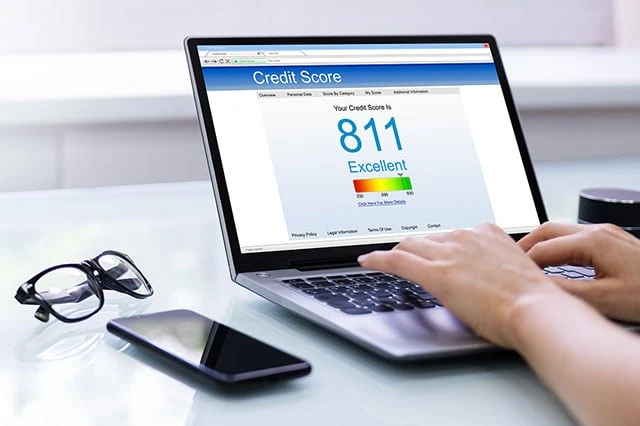
In certain cases, a savings or checking account could affect your credit score. Here are some instances where it might have a negative effect.
Signing up for overdraft protection
As we mentioned up top, some overdraft protection options act as a line of credit. Thus, signing up for overdraft protection might result in a hard credit pull. The lender will want to review your credit report and check on your existing debts as well as other factors to determine whether to approve you for overdraft protection.
Hard credit pulls typically cause a small dip in your credit score, generally around five points. These inquiries generally stay on your credit report for two years, though they’ll probably only impact your score for one year.
Failing to pay overdraft fees
If you refuse to pay your overdraft fees, your bank could take action, which could include closing your account and/or reporting your nonpayment to a collection agency. The latter could damage your credit score.
Closing an account with a negative balance
Banks and credit unions generally require that you pay off an account with a negative balance before they’ll let you close your account. However, if you maintain a negative balance for a significant amount of time (typically 45 days for credit unions, 60 to 90 days for banks), your financial institution might close your account for you, then report the debt to a collections agency. That collections agency account will likely impact your credit, and not in a good way.
Bounced checks
A bounced check is when someone can’t cash your check because your checking account doesn’t have enough money to cover the amount. A bounced check might not impact your credit if you pay in full after it happens, but it could damage your credit if left unpaid. For instance, if you send a check to pay your mortgage or car loan, and it bounces, the late payment might end up on your credit report if it’s not resolved within 30 days.
Related: Axos First Checking Account Review
How Does the ChexSystems Report Work (And Do They Report to Major Credit Bureaus?)
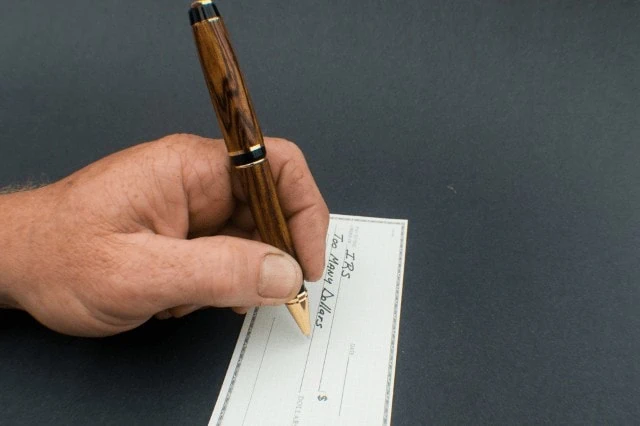
If you apply for a checking account or savings account with a bank or credit union, your application will trigger a request for information about your banking history. The bank will contact an account verification service such as ChexSystems, a consumer-reporting agency that serves a similar purpose as the major credit reporting bureaus (Experian, TransUnion and Equifax), but for bank accounts.
The agency will create your Consumer Disclosure Report: a document containing information about your financial history and any problems you might have had with previous bank accounts.
The agency looks for derogatory marks that might exist on your checking and savings accounts, which you would have picked up from, say, paying late fees, bouncing checks or experiencing fraudulent activity. The process is similar to when a credit card company processes your application for a credit card and reviews your credit scores from the major reporting bureaus.
ChexSystems assembles the provided information on your Consumer Disclosure report to calculate a risk score—ranging from 100 to 899, where the higher the score, the better—based on your consumer banking history. This score will determine whether the banking institution will allow you to open an account with them. (Note: Running one of these reports doesn’t ding your credit report with a hard inquiry.) If you’d like to access your ChexSystems consumer report, you can get a free copy every 12 months through the ChexSystems site.
Related: 60 Personal Finance Statistics You Might Not Know (But Should!)
Is Applying for a Bank Account a Hard Inquiry?
Applying for a bank account typically doesn’t involve a hard inquiry. Banks might do a soft pull, which won’t impact your credit score or show up on your credit report. However, if you apply for an overdraft line of credit, you could be subject to a hard pull.
Featured Financial Products
Does Getting Denied for a Bank Account Hurt Your Credit?
Getting denied for a bank account probably won’t hurt your credit score, but it can certainly be an inconvenience. If a bank denies you a deposit account, it’s likely due to negative information on your ChexSystems report, such as repeated overdraft fees.
You might need to provide additional information to the bank or seek out an alternative like a second-chance checking account if you want to open a new account. Just be aware that second-chance checking accounts might come with fees and minimum deposit requirements.
Does Applying for a Bank Credit Card Affect Your Credit Score?
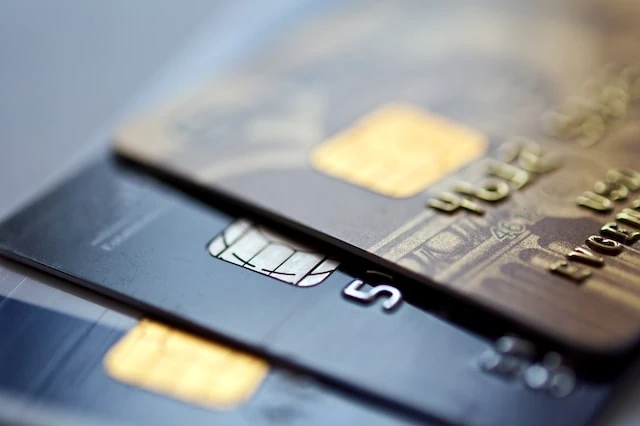
As with any other type of credit card, applying for a bank credit card can affect your credit score. The bank will do a hard inquiry when you apply for a card, which will likely cause a minor dip in your score.
If approved, the new credit account information will appear on your credit reports and might impact your credit mix, which could affect your credit scores. How responsible you are with the card will have an impact, too. Late payments and high balances can negatively affect your score, while on-time payments and low credit utilization rates can boost your score.
Do Bank Accounts Play a Role in Getting Credit?
When you apply for a credit card, card issuers typically look at your credit report, not your bank account. However, you might need a bank account to get a loan or line of credit. Lenders might review your account balances as part of the application process to help determine if you’re likely to repay your debt.
How to Start Building Credit With a Bank Account
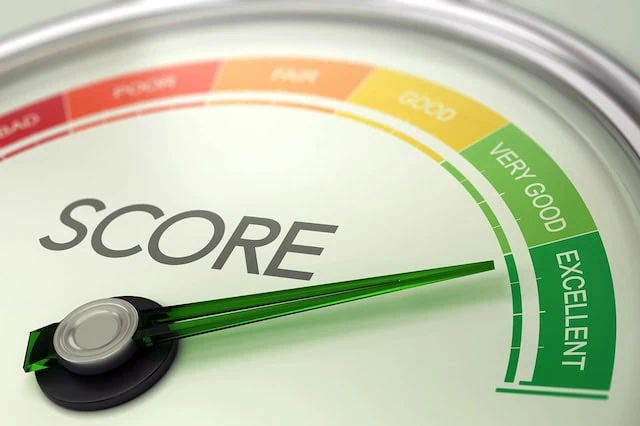
If you have no credit or a limited credit history, you should know that a traditional savings or checking account generally won’t help you build credit, unless you’re using a service like UltraFICO. However, there are special loans and debit cards that can help you build your credit.
Credit builder loans
For instance, many banks offer credit builder loans. These loans are typically small, and they don’t require good or excellent credit to get approved. Once you’re approved for a credit builder loan, the total loan amount will be held in a secured bank account. You’ll then make monthly payments toward this account, and those payments will be reported to the credit bureaus. Once your loan balance is paid off, the bank will disburse the funds to you.
Some debit cards
Certain debit cards also report payments to the credit bureaus. The Extra Debit Card is one option to consider if you’re interested in building credit with a debit card. It links to your bank account, does not require a security deposit, and your payment history is reported at the end of each month.
Related:



